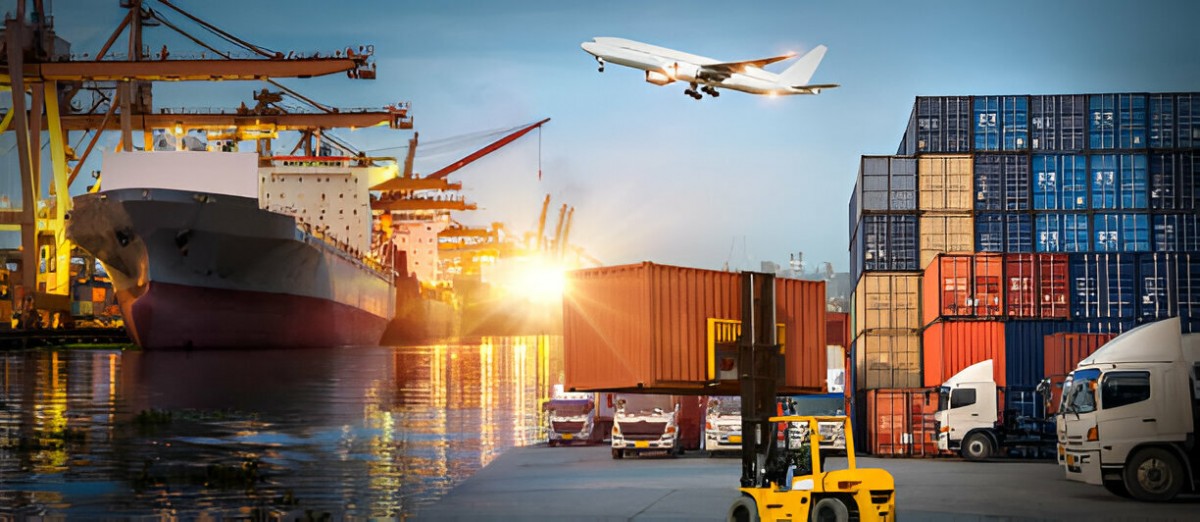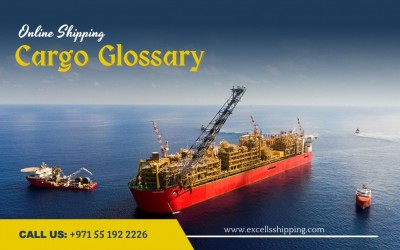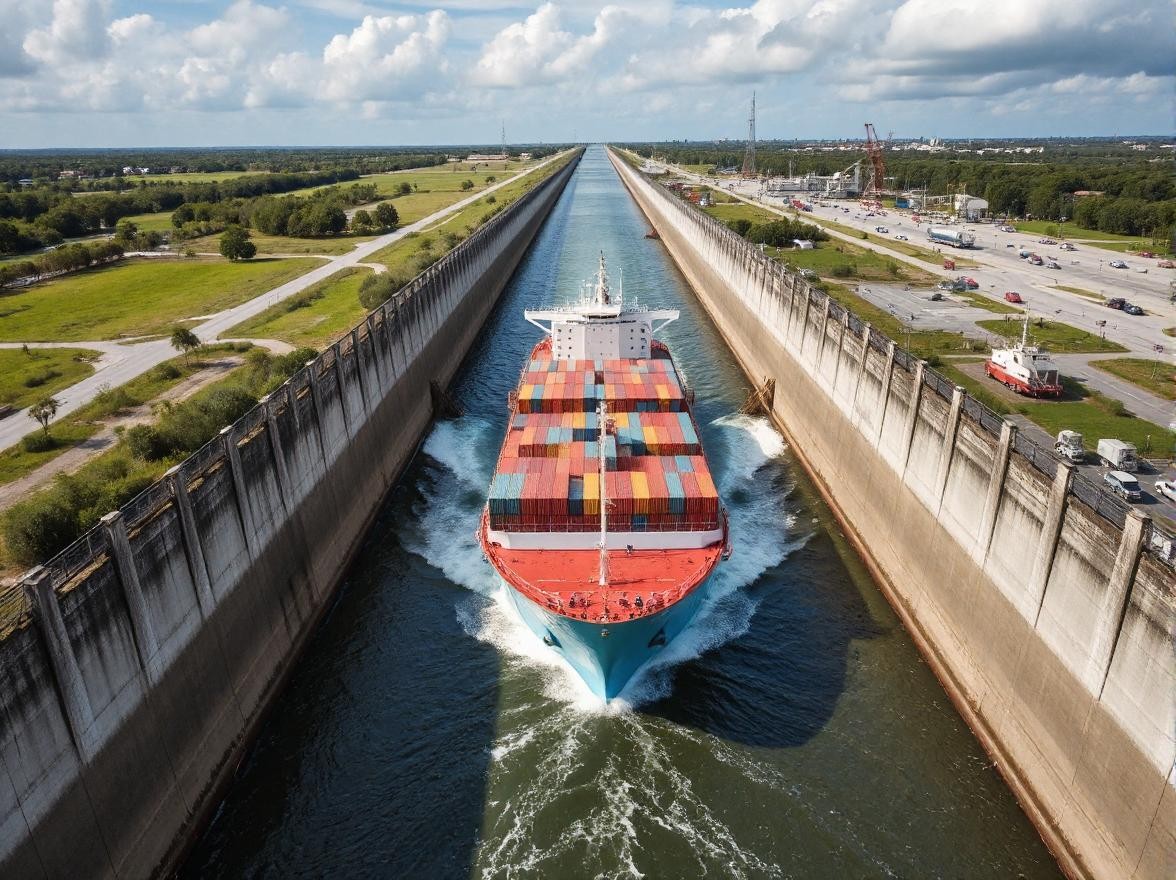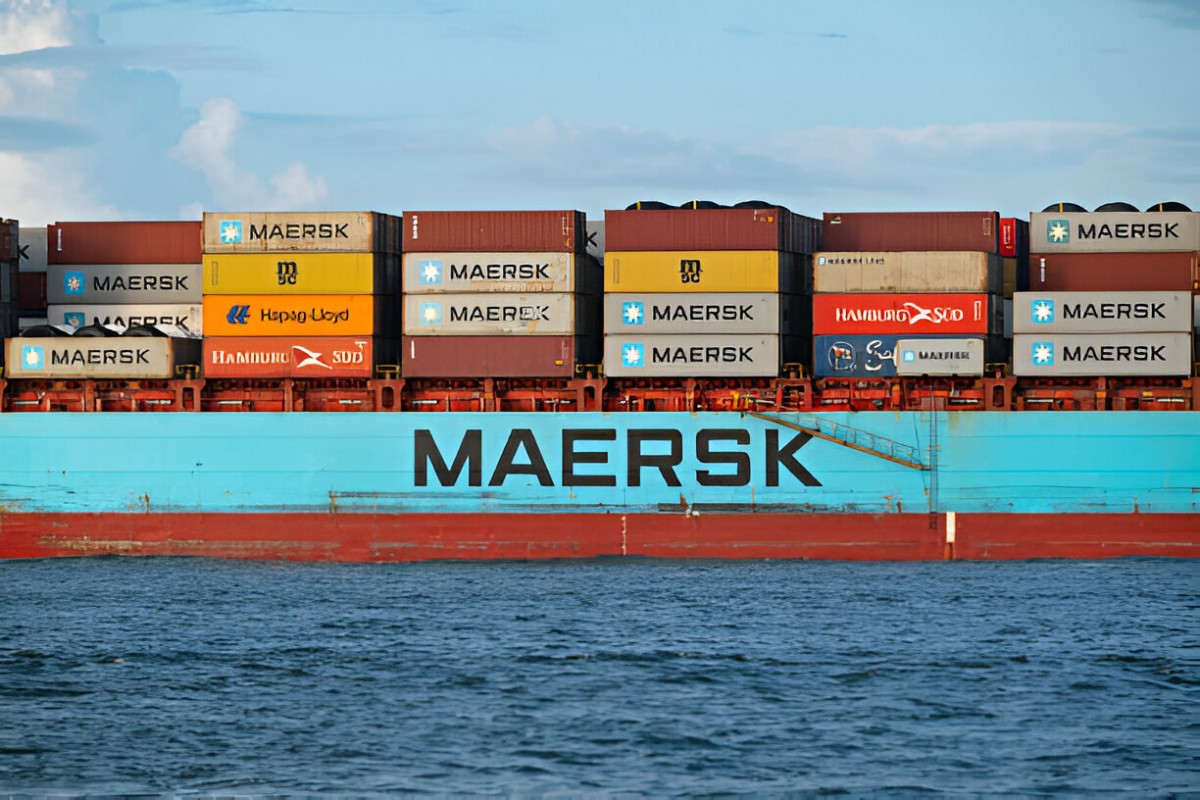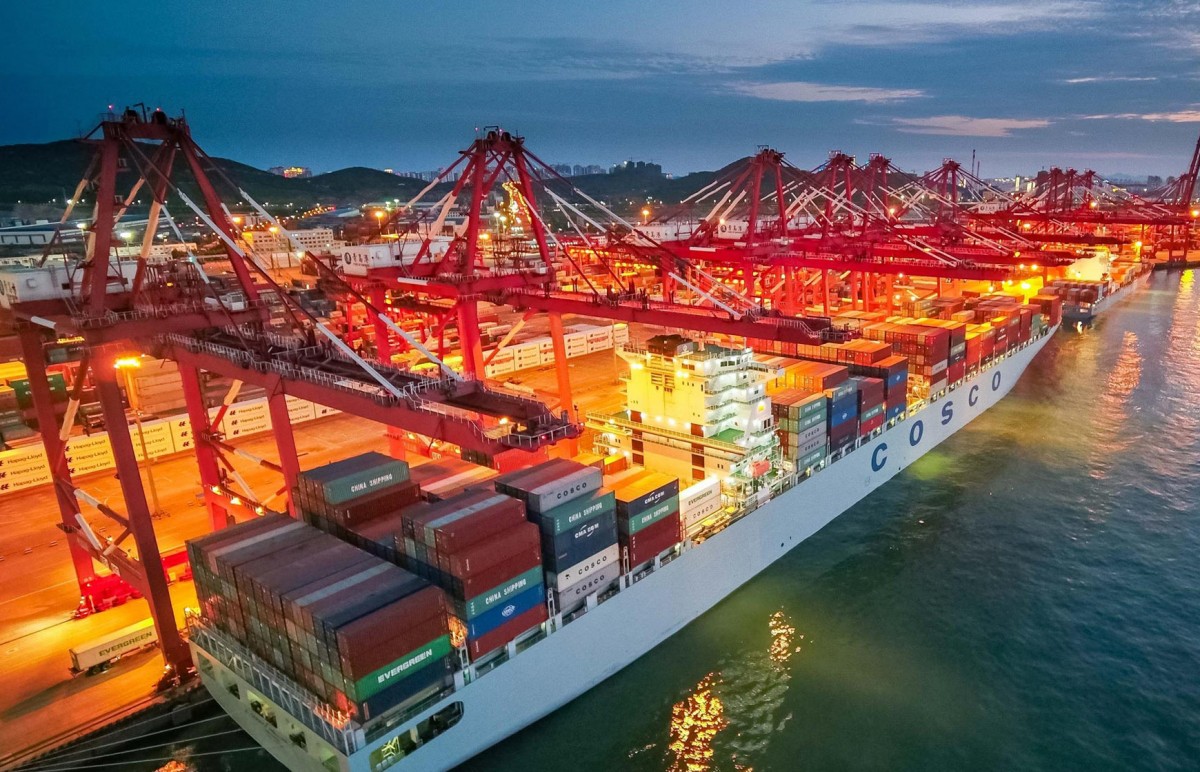In today's world, international shipping is a crucial part of any business. Logistics and shipping allow companies to reach customers around the globe and facilitate the exchange of goods between countries. However, transporting products internationally is a complex process. It involves understanding legal regulations, shipping methods, logistical challenges, and cost factors.
This article provides an overview of international shipping so businesses can familiarize themselves with its key aspects and complexities.
Understanding International Shipping
International shipping refers to the process of transporting goods from one country to another. This can include various shipping methods, such as air, sea, and land transport. The choice of shipping method depends on factors like the type of goods, delivery time, and cost.
Key Players in International Shipping
- Shippers: Individuals or businesses that need to send goods abroad.
- Carriers: Companies that physically transport goods, including shipping lines, airlines, and transport companies.
- Customs Brokers: Specialists who ensure that shipments comply with local customs regulations and facilitate the clearance process.
Methods of International Shipping
- Sea Freight : This is the most common method for international shipping, especially for bulk goods and large shipments. Sea freight is a cost-effective option for non-urgent deliveries and can be classified into:
- Full Container Load (FCL): The shipper uses an entire container for their goods.
- Less than Container Load (LCL): The shipper shares a container with other shippers, making it more economical for smaller shipments.
Air Freight : Air shipping is the fastest method for transporting goods internationally and is ideal for high-value or time-sensitive items. However, it is significantly more expensive than sea freight. Airlines often use air freight for smaller and urgent shipments.
Land Freight: This method involves transporting goods by truck or train, typically used for cross-border shipments within a continent. Land freight can be an efficient and cost-effective option for neighboring countries.
The International Shipping Process
1- Preparation and Packaging: Proper packaging is vital for international shipping to ensure goods arrive safely and in good condition. Packaging should meet international standards and protect against damage, theft, and environmental factors.
2- Documentation: Accurate documentation is essential for moving goods across borders. Key documents include:
- Commercial Invoice: Details the transaction between the buyer and seller.
- Packing List: Lists the contents of the shipment.
- Bill of Lading: Acts as a receipt for the shipment and a contract between the shipper and carrier.
- Certificate of Origin: Indicates the production location of the goods.
- Insurance Certificate: Provides coverage for potential losses during transit.
3- Customs Clearance: This is a crucial step in international shipping. It involves submitting necessary documents to customs authorities, paying duties and taxes, and inspecting the goods. Customs brokers can facilitate this process and ensure compliance with local regulations.
4- Transportation: This stage involves moving goods from the origin to the destination. It may include various shipping methods and transfer points. Coordination and communication are key to ensuring timely and efficient delivery.
5- Delivery and Finalization: Upon reaching the destination, goods are cleared from customs before delivery to the final recipient. The delivery process includes unloading, inspection, and transportation to the recipient's location.
Challenges of International Shipping
Regulatory Compliance: Every country has its own set of regulations regarding imports and exports. Complying with these regulations requires a thorough understanding of customs procedures, tariffs, and trade agreements. Non-compliance can lead to delays, fines, or even seizure of goods.
Shipping Costs: Shipping expenses can add up significantly. These costs typically vary based on shipping method, weight, volume of the shipment, and destination. Additional costs such as fuel surcharges, currency fluctuations, and extra fees (e.g., handling, documentation, and customs duties) can also impact overall costs.
Logistics and Coordination: Coordinating international shipments involves managing multiple parties, routes, and schedules. Effective logistics management is crucial for avoiding delays, optimizing costs, and ensuring timely delivery of goods.
Risk Management: International shipping carries various risks, including damage, theft, and loss. Insurance is essential to mitigate these risks. Additionally, geopolitical issues, natural disasters, and unforeseen events can disrupt shipping schedules and routes.
International shipping is a complex yet essential aspect of global trade. Today, shipping goods from countries like Germany, Turkey, and many others to Iran highlights the significance of logistics and international shipping. By understanding key aspects of the shipping process, reviewing regulatory requirements, and partnering with reliable providers, businesses can effectively manage their international shipments.
Effective planning, risk management, and leveraging technology are crucial for overcoming challenges and ensuring the proper delivery of goods across borders. Whether you are a small business looking to expand your market or a large company with a global supply chain, mastering the complexities of international shipping can open new opportunities and drive growth in the interconnected world of commerce.
Here are ten of the most famous international shipping companies:
- Maersk Line: The largest container shipping company in the world, Maersk operates a vast fleet and offers services in container shipping, logistics, and port operations.
- Mediterranean Shipping Company (MSC): MSC is the second-largest container shipping company globally, providing shipping and logistics services across a wide range of routes.
- CMA CGM: Based in France, CMA CGM is one of the world's leading container shipping companies, specializing in container transport and logistics services.
- Hapag-Lloyd: A German company, Hapag-Lloyd offers container shipping services and has a strong presence in both the transatlantic and Asia-Europe markets.
- Evergreen Marine Corporation: This Taiwanese shipping company is known for its large fleet of container ships and extensive network of services worldwide.
- COSCO Shipping: Based in China, COSCO is one of the largest shipping companies globally, providing container shipping, logistics, and port operations.
- Yang Ming Marine Transport Corporation: Another Taiwanese company, Yang Ming operates a large fleet and offers container shipping services globally.
- Hanjin Shipping: Once a major player in the global shipping industry, Hanjin Shipping was a South Korean company known for container shipping and logistics services until its bankruptcy in 2017.
- ZIM Integrated Shipping Services: An Israeli shipping company, ZIM provides container shipping services and has a strong presence in North America, Europe, and Asia.
- P&O Ferries: A British ferry company that operates freight and passenger services across the English Channel and the North Sea.

